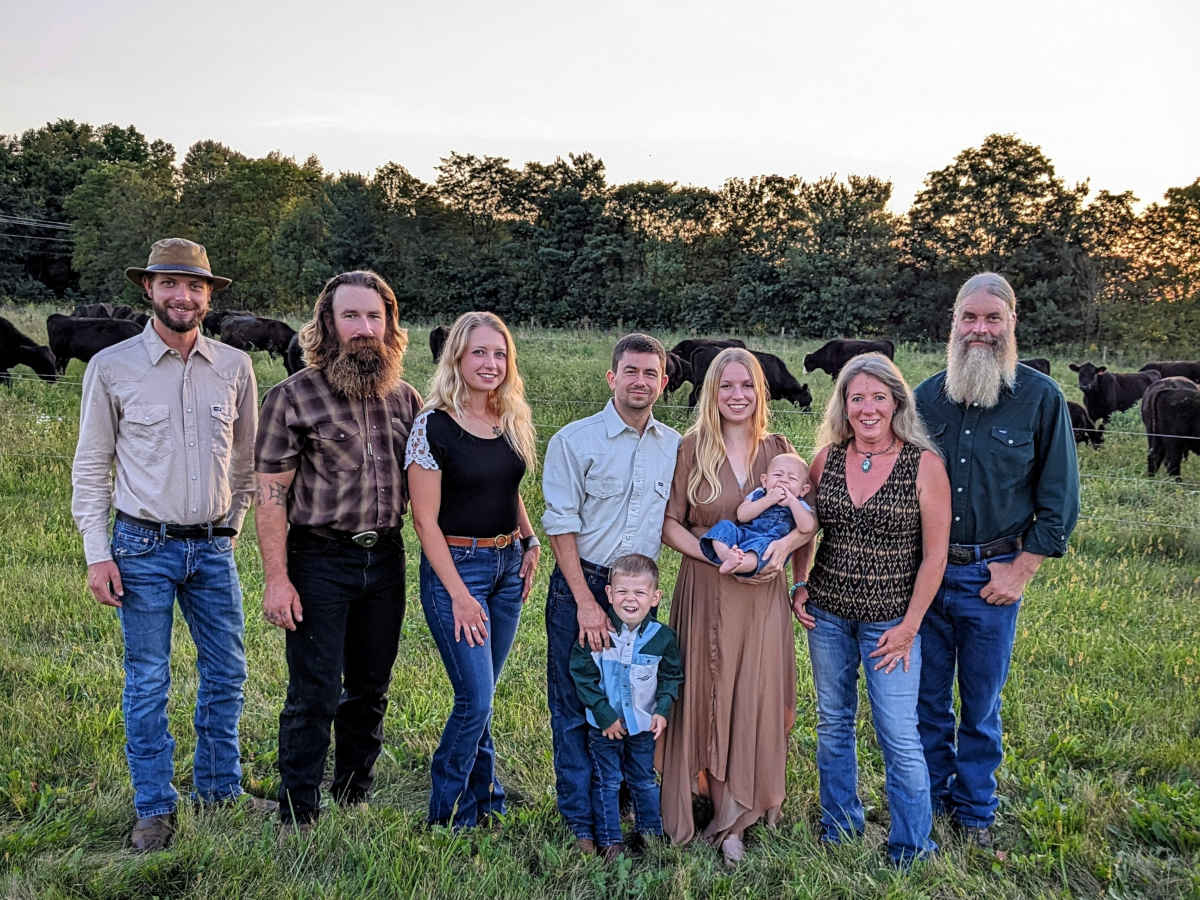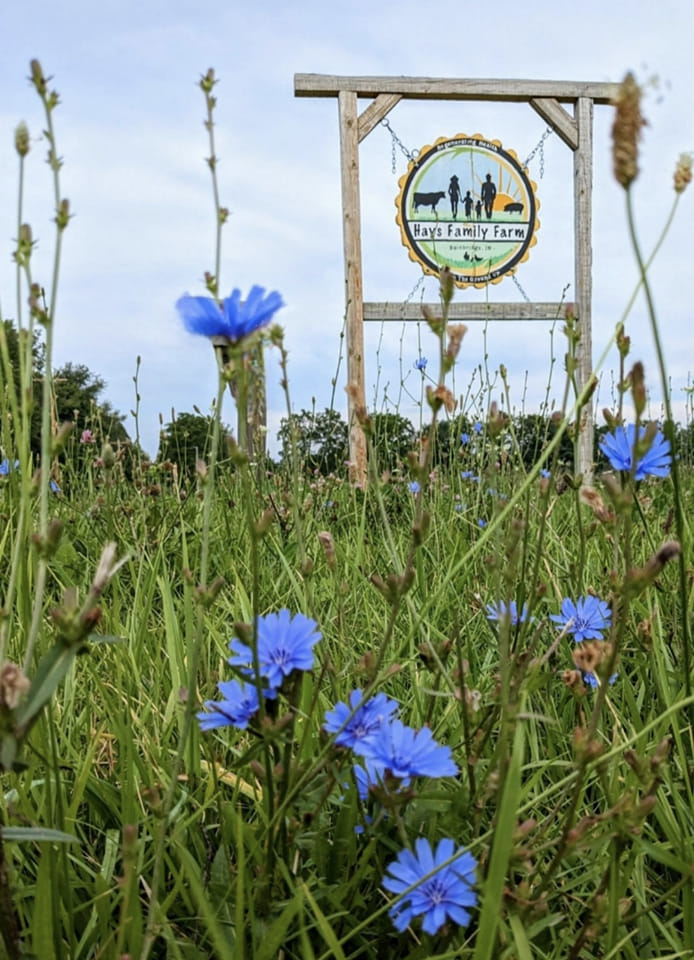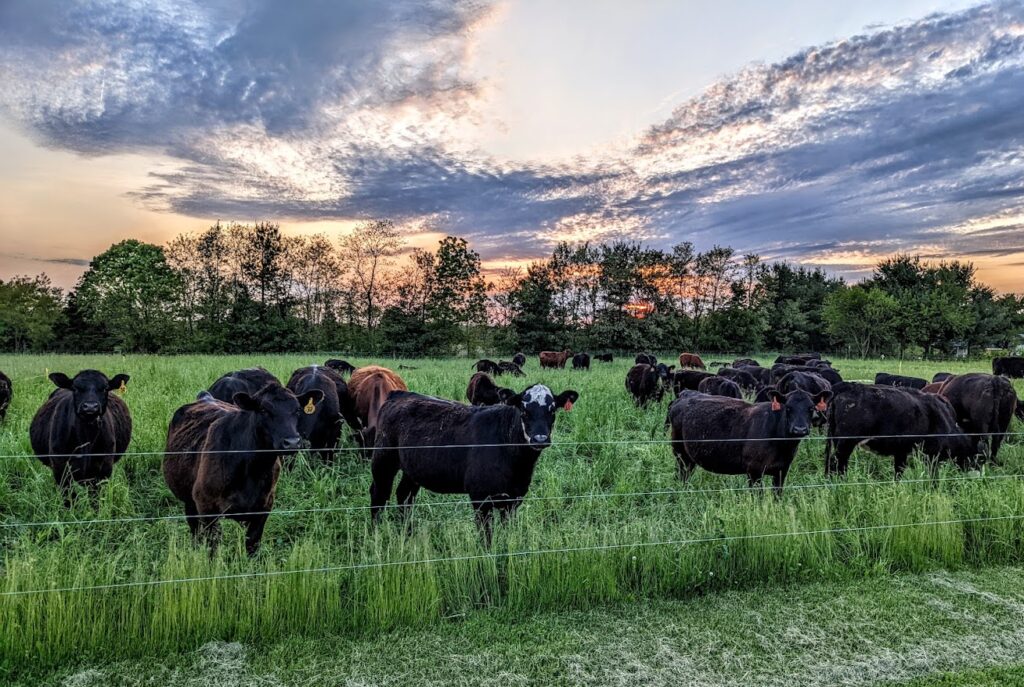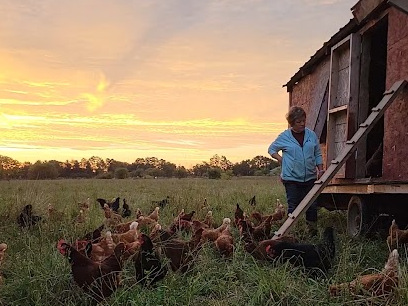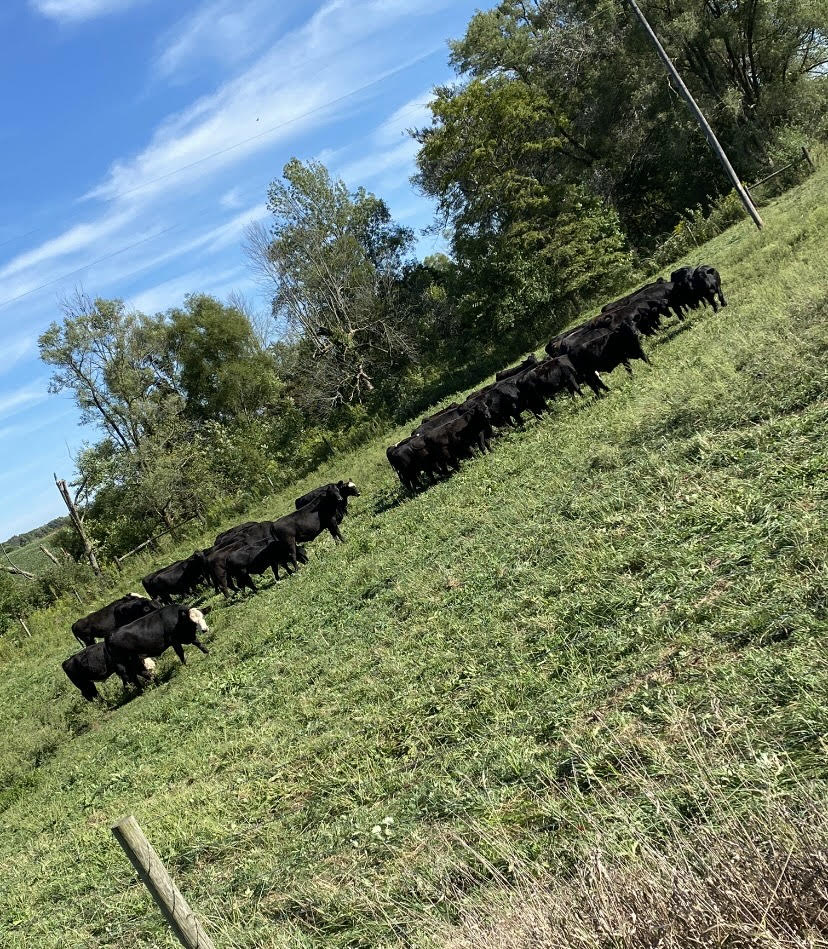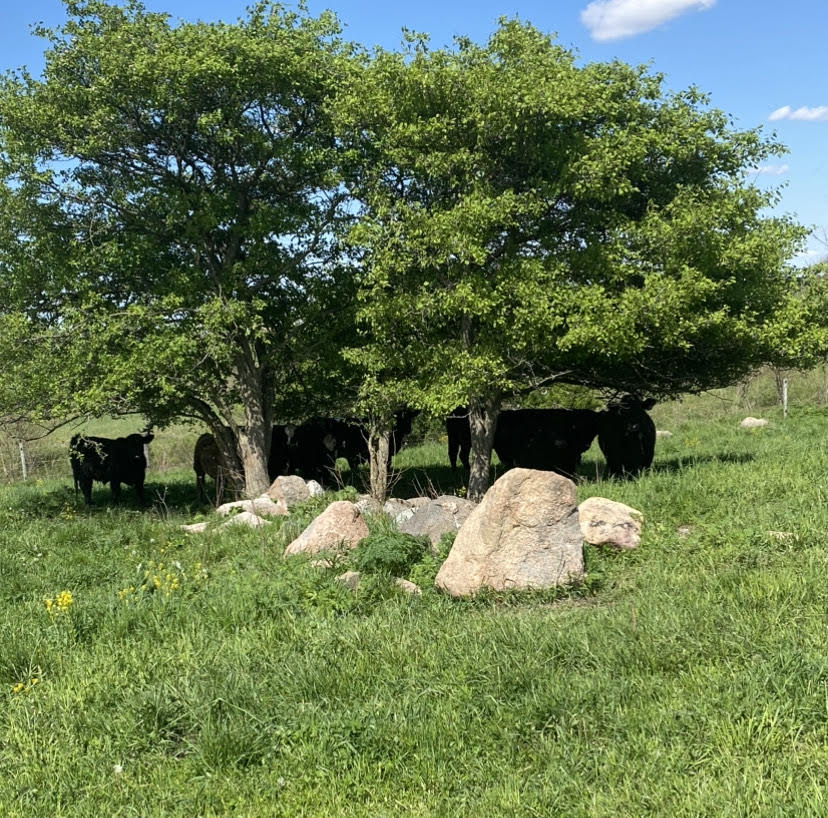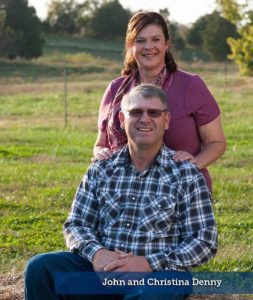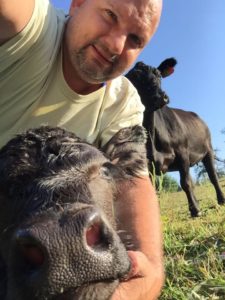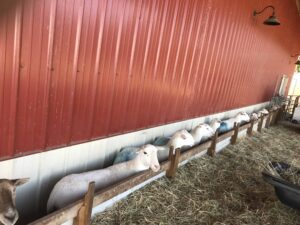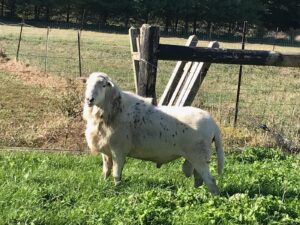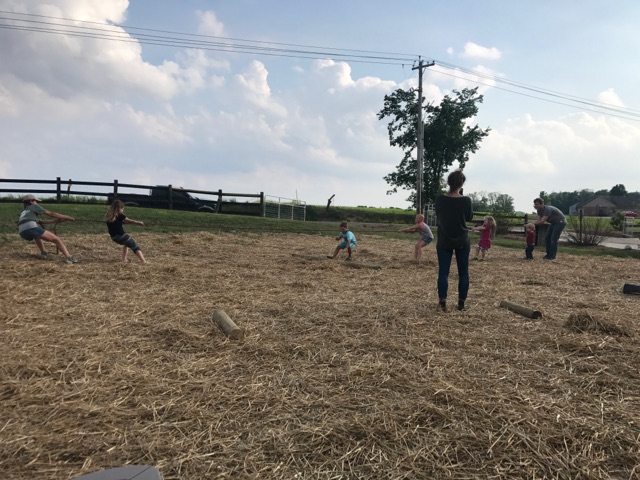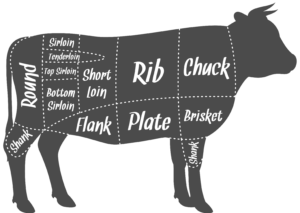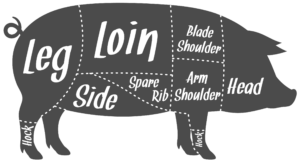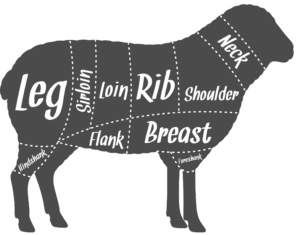On Tuesday, Dec 1st, we were interviewed on the Lafayette News, WLFI. You can still watch us at http://www.youtube.com/watch?v=i42igiIFS54. When you have just three minutes not much can be said so I thought I’d share an expanded formby Erick this week.
What is the most environmentally and socially responsible action a person can do? Buy locally grown products, especially food products. Why? Think of the large infrastructure surrounding conventionally raised and purchased food:
* The food is raised/grown at a large concentrated farming location where waste is a big problem.
* Product is shipped via large semi trailers to concentrated processing locations often across the country.
* Product is then distributed to regional refrigerated warehouse sometimes right back to where the product was grown.
* Product is shipped to local distribution locations.
* Product is shipped to a grocery store.
* You go to the store purchasing additional items you probably didn’t need.
By purchasing local, you can reduce the distance your food travels while stimulating the local economy and becoming more involved in your local environment. I see food as an environmental outreach to people. It allows people to understand food does not come from a store; food comes from the environment in which we live. Good soil creates good food for yourself and the livestock we raise. The environment in which we live is all connected. We need to be conscious of our actions because it does affect the local environment where we get our food! In addition, if you spend your money locally, you have an opportunity to stimulate the local economy. Victoria Wessler of http://www.goinglocal-info.com/ states that for every dollar spent locally, 73% stays local.
There is a barrier to locally raised, sustainable food products, however, and it is in the processing of the food. Meats and prepared items must be prepared within a state inspected facility or licensed commercial kitchen. There are different levels of inspection within a meat processing establishment, but nonetheless all these facilities have regulatory guidelines that must be adhered to. These establishments are expensive to build, maintain, and operate. Smaller establishments are less common due to infrastructure that has developed revolving around large scale processing, i.e. one million head of poultry per week. Large processors are not set up to process small volumes, and small is relative. What it comes down to in the end is choice. We want the choice to process poultry locally. We want the choice to hang our lamb longer. We want the choice to have natural meat processing options for our pork fed certified organic grains. We do not want MSG’s, BHA, and Nitrates in the cures. It has been so much of a challenge that my wife and I have just purchased a meat processing facility and named it This Old Farm Meats and Processing outside of Colfax, IN formally known as R&M Processing. We will be state inspected and process a wide variety of products from poultry through bison and in the coming years will have an operational commercial kitchen on the premise. This has been made possible through several grants: USDA VAPG, USDA SBIR, and Indiana Economic Corporation.
By purchasing locally, you stimulate the food production chain on a local level from the producer and processor to the local food markets. DO YOUR PART AND PURCHASE LOCAL. IF YOU CAN’T FIND WHAT YOU ARE LOOKING FOR, ASK YOUR PRODUCER – YOU MAY BE SURPRISED TO FIND THAT THEY WILL RAISE WHAT YOU WANT HOW YOU WANT.
QUESTIONS:
1. What types of products must be prepared in a licensed processing facility? Any time meats are cured, or cut, and sold individually, they must be processed in what is known as a State Inspected Facility. The Board of Animal Health or BOAH dictates the guidelines which are as stringent as USDA guidelines. With regard to prepared products, such as salsa, these items must prepared in a licensed commercial kitchen and not in a residence. These facilities are inspected to insure safety for the consumer.
2. How do locally grown products compare to corporately grown products with regard to food safety? I would say they are much safer. Though I have not done the research, it just makes good common sense. My logic follows along these lines – it is similar to a mutual fund. You have many different types of stock in a portfolio to offset ups and downs with the hope that ultimately your return on investment yields a net return. If all food is processed at one facility, one contamination yields a larger outreach. (80% of all beef is processed in just 4 large plants in America. That is a lot of eggs in one basket.) Think of the recent peanut scare – one large facility’s contamination resulted in many other products being recalled that incorporated peanut products. In fact, we had a USDA inspector visit our farm because we bought bulk peanuts 5 years ago. Smaller facilities yield smaller batches and the sphere of contamination is much less. Many request hand evisceration of poultry, knowing that the contamination possibility would be much less than when doing 1 million birds by machine.
3. How does someone purchase local food? Directly from the farm is typically best for the producer, or in our case through the processing establishment. You can look for on-line listings such as “local harvest” which lists area producers and their contact information. Farmers markets are another good way to meet and talk with several different producers in one location. You want to know who produces your food. The season is coming to an end, but there are a few farmers markets yet available. We attend the Traders Point Creamery Market in the winter on Saturday mornings. Our current project involves making it easier to support local farms through our creation of an alliance that will co market products from local farms producing sustainably. Through this alliance, we will be able to provide all that Indiana can grow with complete information on how it was grown from one place to ensure we meet the needs of you, the consumer, as you make the investment to support local agriculture, our future!
For more information, give us a call at (765) 324-2161. We would love to talk to you.
Written by Erick Smith
